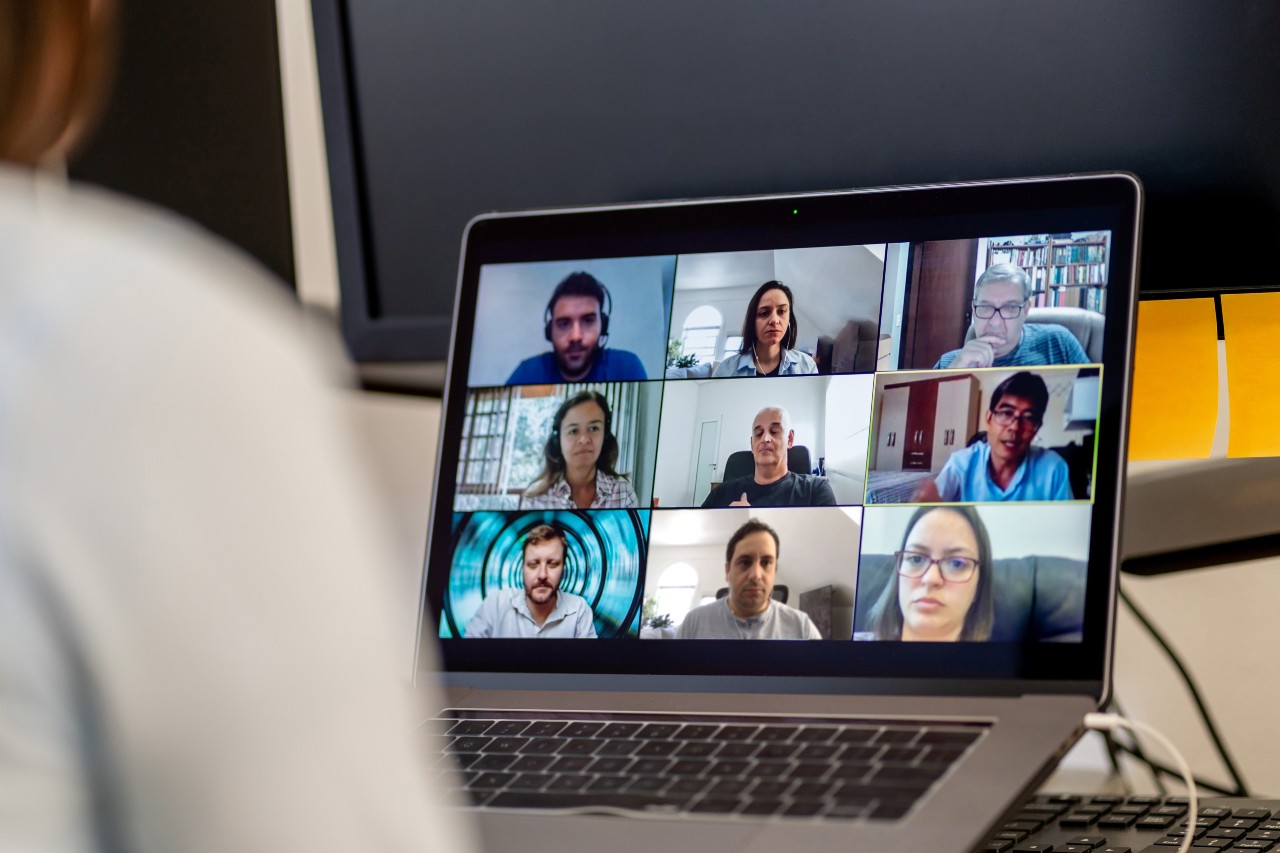As highlighted in our previous blog post from the European CME Conference, virtual meetings are here to stay. Although there has been some talk of ‘zoom fatigue’ in the past few weeks, recent surveys of healthcare professionals (HCPs) has highlighted a continued enthusiasm for online meetings if done right. Further evidence is rolling in from successful virtual medical congresses held throughout 2020, reinforcing the benefits of well-planned digital events.
Virtual meetings can be as effective as face to face meetings when they are carefully planned and prepared. At The Corpus, our expertise in digital medical education means we can help you achieve that success through some careful steps, some of which are outlined here.
Virtual events will never be the same as live events, although they can be equally as effective if redesigned to suit the medium. You cannot simply record a presentation designed for a live audience and play the recording over an online platform – the virtual audience will not be engaged. So where do you start?
• Allow enough time to plan your virtual meeting: online meetings need to be organised well in advance. It is critical to set defined goals - and all aspects of planning need to be focused on your end objectives.. Set aside an adequate number of days for research, including enough time to create multi-media presentations for the event to reinforce your educational objectives and get input from all relevant members of your healthcare marketing or medical education team. Select an appropriate event date and time and, crucially, ensure that the agenda is on target and clear.
• Get a good chairperson & a technical facilitator: a chairperson who is confident, respected, and inquisitive can keep the event moving forward and can encourage attendee participation. Ideally, they should not be one of the meeting speakers, but could for example be an expert in the relevant therapeutic or field. Also, a technical facilitator can be a great asset to support speakers and attendees with connection issues, as well as monitor and mediate between the chairperson and incoming questions/comments in the live chat.
• Consider who you want to reach and how: small-groups, or large congresses? Smaller meetings should be more intimate and interactive, with a focus on getting every participant’s voice heard. Brainstorms, live discussions as a whole or in subgroups, and a personal touch will really make attendees feel involved and that they have contributed to the event. Meanwhile, larger events could be simu-live or simple broadcasts, focussing more on clear access to and delivery of content while also being engaging. Live instant polling is also a great way to maintain participation with large groups and give the members a sense that their opinions are being considered.
• Use digital apps to increase live participation: Consider arranging a hybrid healthcare event which involves using both pre-recorded videos and live online features to encourage audience participation. Engaging tools include chat rooms, polls, voting options, breakout rooms, white boards, live Q&A sessions, and screen sharing, among others. These tools can help to prompt the opinions of attendees who may be reluctant to speak to a larger audience.
• Shorten online sessions and know when to have a break: Think about reducing the time slots you would use for a face to face event by 15-30 minutes. Aiming to focus on one or two topics in each session helps to maintain the attention of online attendees, while leaving time for audience participation. Providing scheduled breaks will also keep attendees happy, and reduce late entrances, distractions, and interruptions to your virtual meeting.
• Set time aside for social interaction: According to research, people can feel isolated in virtual meetings because the agenda is prioritised over social connection. Encourage everyone to have their cameras on, and incorporate breakout rooms at scheduled points. This will encourage conversation and keep the subject matter fresh in longer events. They also give medical meeting participants a chance to question the virtual event speakers, ask for advice, share patient cases or simply hang out. Limit the number of participants in each breakout room to maintain a more personal interactive experience.
• Be prepared for technical challenges: Videoconferencing systems will not necessarily automatically work on all devices, so be prepared and avoid embarrassing technical problems by testing all elements before the meeting. Why not offer participants an option to test their system beforehand to get them set up and comfortable? Additionally, provide them with the time and tools to prepare — applications to download, login details to join, directions for participation. Send all necessary instructions in an email after your attendees initially register/accept the event, then resend these details around an hour before the meeting starts for those that might have missed it the first time. Having a digital technician on hand can be a great way to manage, monitor, and address any technical issues that may arise.
Why virtual events are here to stay
It is thought that many industry congresses will remain virtual in the post-COVID world. Virtual events in the pharmaceutical-healthcare industry offer a range of economic, environmental, and practical benefits for busy HCPs and employees who don’t always have the time, flexibility or finances to travel and stay at large international events. In fact, many healthcare businesses are already focusing on expanding their virtual meetings in the future.
Find out how The Corpus can help you to run an effective virtual medical meeting — whether you want to convert a face-to-face meeting into an online event, or want to plan a new, virtual meeting from scratch. Contact us on +44 (0)20 7428 2903 or fill out the contact form below.
Virtual meetings can be as effective as face to face meetings when they are carefully planned and prepared. At The Corpus, our expertise in digital medical education means we can help you achieve that success through some careful steps, some of which are outlined here.
